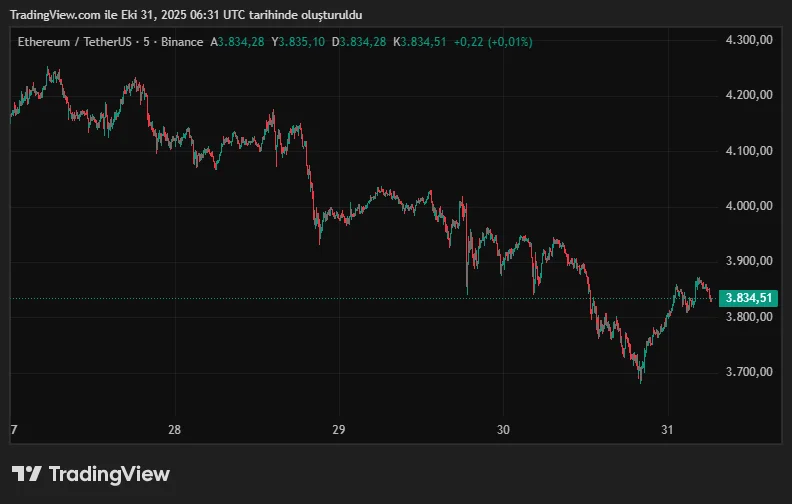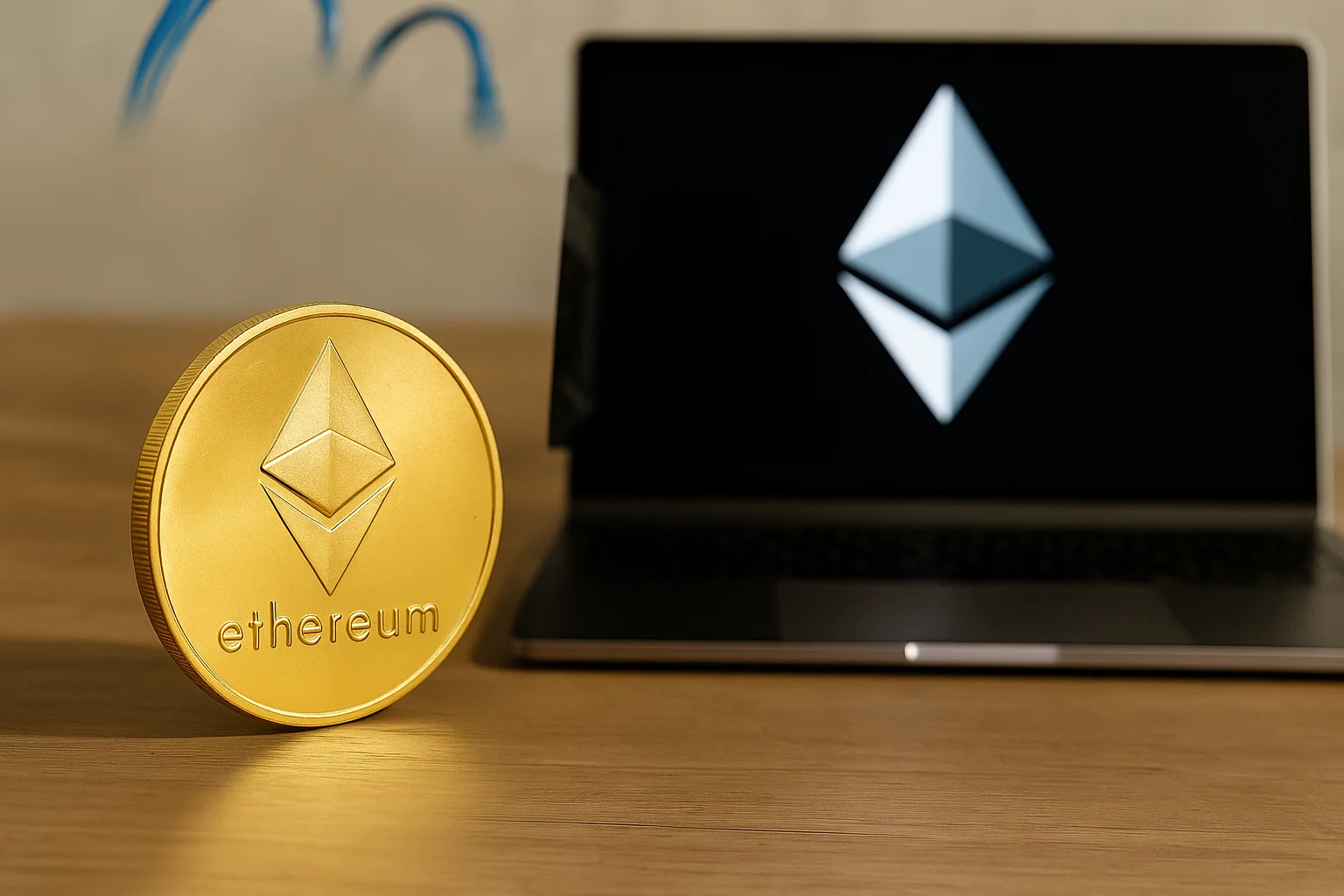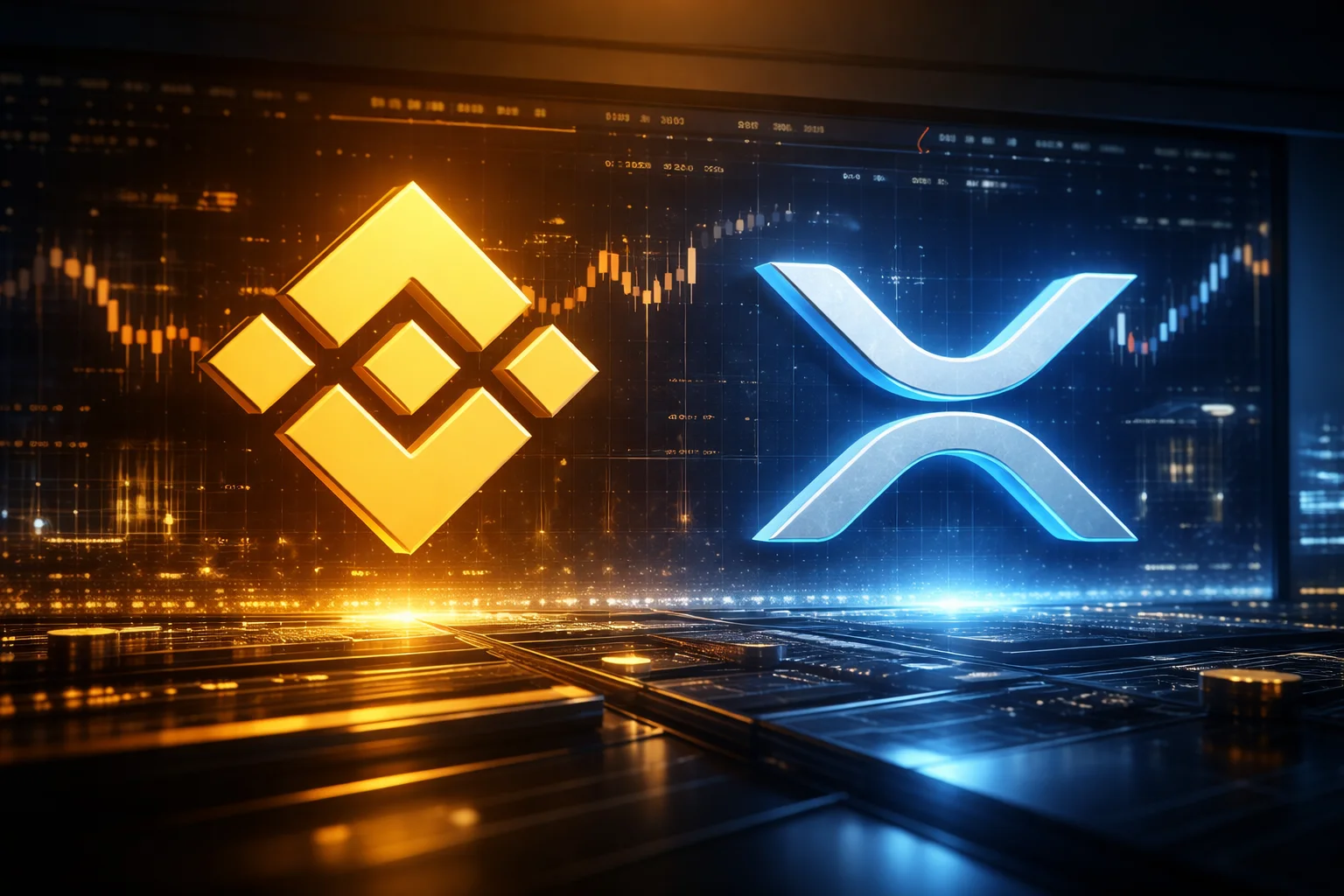Ethereum developers have announced the official date for the long-awaited "Fusaka" upgrade. This update, the network's second hard fork in 2025, will go live on the Ethereum mainnet on December 3rd. The decision was made unanimously at the All Core Developers Consensus Layer (ACDC) meeting held on Thursday.
Fusaka is seen as a new milestone in Ethereum's scalability and efficiency goals. Developers state that they are now ready to bring many technologies tested in previous updates to the mainnet. The update includes a total of 12 different Ethereum Improvement Proposals (EIPs), the most notable of which is the "PeerDAS" system.
Faster and Cheaper Ethereum with PeerDAS
Peer Data Availability Sampling (PeerDAS) allows validators to verify only a portion of the data in blocks. This system eliminates the need to download full datasets, significantly reducing network bandwidth usage. As a result, costs for both validators and Layer-2 networks are reduced, while transactions can be processed much faster.
Ethereum Foundation researcher Alex Stokes stated that despite the technical burden of the update, the teams successfully completed the process, saying, “This will be a truly amazing fork. Thanks to everyone involved.”
Testnet phase completed smoothly
Fusaka was successfully tested on three separate testnets before going live on the mainnet on December 3rd. After the Holesky and Sepolia testnets, it was finally deployed on the Hoodi network without any errors. This led to Ethereum receiving the green light for mainnet launch. The update will activate when slot 13,164,544 is reached on the Ethereum blockchain.
One of the most significant impacts of Fusaka is that it will increase the block gas limit from 30 million units to 150 million. This increase will allow for significantly more transactions to be processed in each block. The “blob capacity” will also be doubled, increasing data availability for rollups and other scaling solutions. These changes will help Ethereum provide a more robust infrastructure for DeFi applications and high-throughput projects.
The Ethereum Foundation launched a four-week bug hunting program for the Fusaka codebase ahead of its mainnet launch. This competition, which offers up to $2 million in rewards to security researchers, aims to identify potential vulnerabilities before the mainnet transition.
The Fusaka update ushers in a new era in Ethereum's long-term roadmap, described as the "Era of Efficiency and Accessibility." Innovations like PeerDAS will increase network capacity, reduce transaction costs, and create a more scalable environment for developers.
At the time of writing, the ETH price is trading at $3,830.77, a 1.7% decrease.





